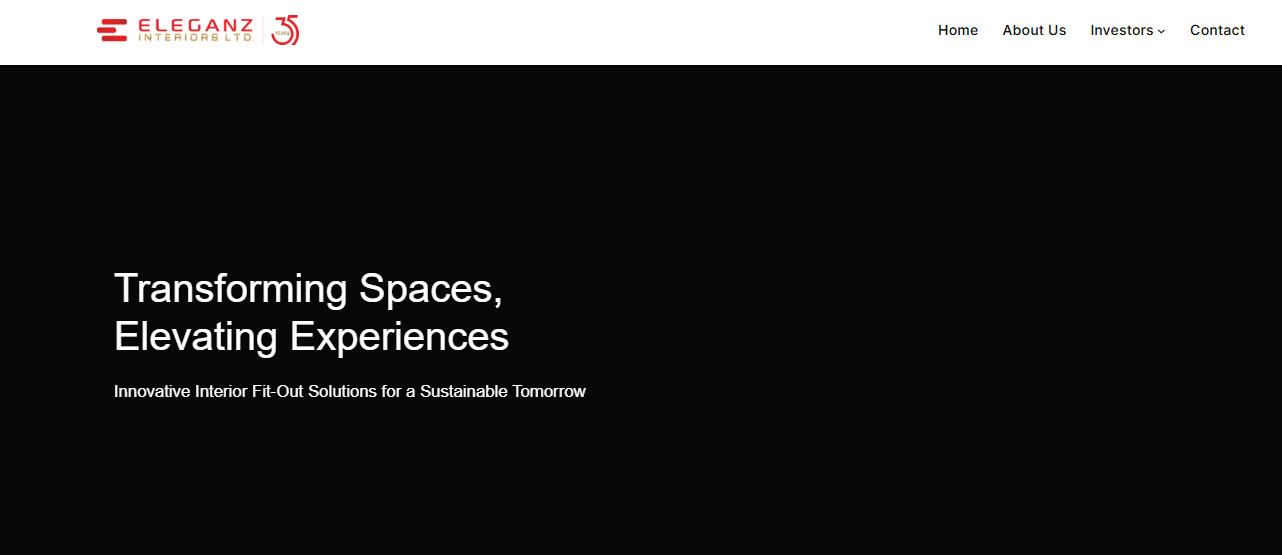
Health insurance policies are life savers when you are broke, and some medical programs are when it is just like God’s gift. This type of policy is specially held by various companies, which can be any movement or private as well. This polices covers surgeries, treatments, hospital stays, and bills resulting from illnesses, injuries, or accidents. You can use them when you need them; some companies have different rules, like when you can use them or when you can’t use the police under any beauty treatments.
Health insurance matters because these days, we have some expenses that we cannot control. Health insurance covers a user’s wide-ranging medical expenses, like the cost of medicines. It also covers the surgery OPDs, including ambulance charges. So, in this article, we will talk about different types of health insurance and more things that you need to know.
Best Health Insurance Plans
In simple words, medical insurance is like an agreement where the insurance can promise to stay with you in your needs. Health insurance companies have a network of hospitals. This helps you because you can get treatment at these hospitals without paying immediately and enjoy the best health coverage. We are providing some of the list of the best health insurance plans.
Family Health Insurance Plan
A family health insurance plan conceals multiple members within the same family, such as the individual, as well as their spouse, father, mother, children, and sometimes father-in-law and mother-in-law. These policies propose coverage to the entire family on a single health insurance premium, making it ideal for families who want a simplified and structured tactic to health insurance.
Critical Illness Insurance Plans
Critical Illness Insurance Plans cover specific life-threatening diseases. These diseases can require prolonged treatment or even modification in lifestyle. Unlike hospitalization plans, the payout is made on critical illness coverage chosen by the customer, not on actual expenses incurred in the hospital. The cover gives little to the use of money to change lifestyle and medicines. Also, it’s a substitute for income for the time you cannot resume work due to sickness. Payouts under these plans are made on the diagnosis of the disease for which the original medical bills are not required.
Health Top-Up Plans
A top-up health insurance plan is a type of health insurance policy that provides additional medical coverage for people who already have a health insurance policy. It can help people cover medical expenses that exceed the sum insured by their regular health insurance policy. People who are already covered by a basic health insurance policy or who can pay for medical expenses up to a certain level may opt for a top-up health plan. It provides immediate health insurance coverage beyond a fixed threshold, known as the deductible.
Senior Citizens Health Insurance Plan
Senior citizens’ health insurance plans offer financial treatment against medical expenses incurred by senior citizens. This health policy caters to the needs of the elderly and ensures that their healthcare needs are adequately met, even if they are starved of any financial constraints. Senior citizens’ health insurance plans cover age-related health conditions, pre-existing illnesses, and other treatments obtainable from an illness or an accident.
Individual Health Insurance Plan
An individual health care assurance plan covers a single person. It functions like any other health plan and offers financial coverage for medical expenses like doctors, doctor’s consultations, medicines, ambulance costs, room rents, and more.
Group Health Insurance Plans
Group health insurance is a health insurance plan that covers a group of people under a single policy, usually employees of a company or members of an organization. It’s a cost-effective option that offers several advantages over individual policies.
Other Types of Health Insurance Plans

Alternatively, the above types of health insurance plans can also be categorized based on the type of compensation provided.
Indemnity Health Insurance Plans
Indemnity health insurance plans reimburse your medical or hospitalization incidentals up to the sum insured limit. You can promote multiple prerogatives in a policy year until the sum insured is exhausted. These plans include:
- Mediclaim Insurance
- Individual Health Insurance
- Family Floater Health Insurance
- Senior Citizen Health Insurance
- Maternity Insurance
Fixed-Benefit Health Insurance Plans
Under a fixed-benefit health insurance plan, the insurer pays the entire sum protected amount in a lump sum or as a staggered payout in case of an accident or upon the detection of illness. These plans include:
- Critical Illness Insurance
- Personal Accident Insurance
- Hospital Daily Cash Insurance
Key benefits of Health Insurance

Below are some benefits of health insurance plans:
Critical Illness Cover
Apart from basic healthcare expenses, health insurance also conceals critical illnesses, such as cancer, health diseases, kidney sicknesses, and more. These illnesses can require long-term medical care and burden you with high costs. Health insurance can be apposite to deal with these expenses so you can focus on your treatment in addition to recovery.
Coverage for Pre-existing Illnesses
A health policy not only covers somewhat future health complications that you may have but sometimes also pre-existing illnesses. At the time of acquiring the plan, you may have pre-existing illnesses, such as thyroid, diabetes, high blood pressure, or others. Health assurance will cover the costs of these conditions after a brief waiting period, in addition to ensuring optimal financial protection for you.
Quality Healthcare
Health insurance lets you access healthcare with a wide network of hospitals and healthcare providers affiliated with the insurance company. This guarantees timely and quality medical attention when you need it the most.
Cashless Claims
Health insurance is a suitable tool that prioritizes your well-being in your hour of need. You can avail yourself of cashless claims without having to go through any lengthy claim events. The insurance company settles the bills with the hospital on your behalf.
Cashless Treatments
A health policy lets you avail of obligatory medical treatment at a network hospital without making any upfront payments. You can get the conduct you need, and the insurance company directly settles the bill with the network hospitals, offering expediency and speed.
Tax Savings
If you invest in health insurance, you can get an assumption of up to ₹ 25,000 under Section 80D for yourself and your family (₹ 50,000 if the age of the covered is 60 years or above) and up to ₹ 25,000 (₹ 50,000 if the age of the insured is 60 years or above) for your parents.
Things to Consider Before Choosing a Policy

There are several health insurance plans accessible in the Indian market, which makes it confusing to buy a policy that is most suitable to your financial and medical requirements. Below are some influences to consider to ensure you select the right product:
Right Coverage
The coverage of a health insurance plan obligation aligns with your health needs. If you have pre-existing illnesses or a history of deprived health in your family, it is advised to get a higher coverage that can shelter all your potential medical expenses. Additionally, your coverage must also be adequate to deal with rising medical costs in the long run.
Suits Your Budget
The higher the coverage, the lower the health insurance premium. Therefore, you must analyze your requirements and assess whether the top fits your budget or not.
Individual Plans or Family Plans
Individual plans cover a single person, whereas a family plan covers multiple people in the family. You can assess your needs besides those of your family associates to determine whether you need a separate health policy for each person or a mutual plan for all.
Lifetime Renewability
Lifetime renewability permits you to renew your plan when it matures and enjoy uninterrupted financial protection for a long time. This feature removes the process of purchasing a new health policy every few years. Therefore, it can help if you buy a plan with a lifetime renewability option.
Preferred Hospital Coverage
It is important to check if the health insurance plan contains your preferred hospital in their network of hospitals. This can help you access speedy, suitable medical attention at your convenience.
Conclusion
You can even use the money to cover incidentals for doctor visits, medicine purchases, medical tests, or any other expense that might arise during this time. That is why you need both – a Mediclaim plan to cover your hospitalization expenses and then a Critical Illness Insurance plan to cover your loss of income and other expenses that arise due to an illness.
Faqs
How many days can we claim health insurance?
You can typically claim health insurance within 30 to 90 days after receipt of medical treatment. Filing within this timeframe is critical to avoid claim denial or reduction of benefits.
How long is health insurance valid?
While short-term health plans cater to your assurance needs for a maximum of one year, long-term health plans can keep you insured for 2-3 years. Another major difference is in their premium costs. The premium of long-term health plans is higher than that of short-term plans.
Who can claim health insurance?
You can claim your health insurance policy after you get hospitalized or avail of treatment. You must file a claim with your insurance company within 24 hours of an emergency hospitalization and at least 48 hours before your planned hospitalization.
What is health insurance, in simple words?
Health insurance is an insurance product that covers the medical and surgical expenses of an insured individual. It reimburses the expenses incurred due to illness or injury or pays the care provider of the insured directly.
What is a deductible in insurance?
Understanding what a deductible is. And how it works can help consumers make knowledgeable decisions when purchasing insurance and filing claims. Simply put, a deductible is the amount of money that the insured person must pay before their insurance policy starts paying for covered expenses.





